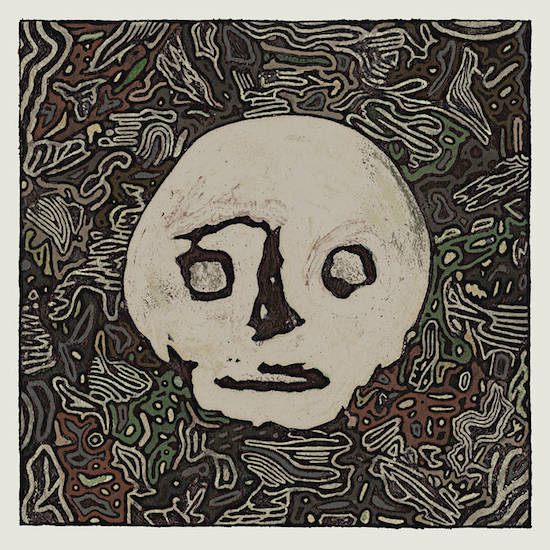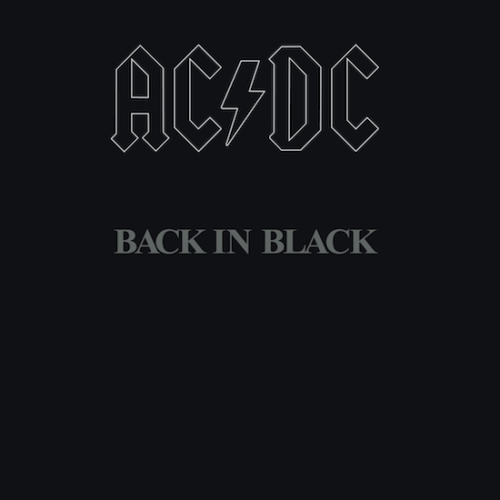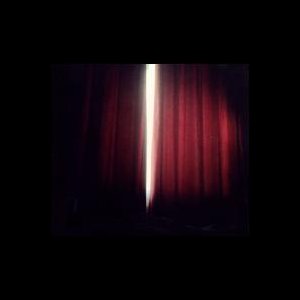Flecked with all the signifiers of ambient electronica, from seabirds to rainforest sounds, Benjamin Kilchhofer’s first album under his own name reveals itself to be a much subtler, more nuanced affair than those elements might suggest.
The breadth and depth of Kilchhofer’s understanding about how the structures and textures of electronic music can elide time and overcome negativity flood out from the speakers. His first two records for Marionette, the Dersu EP and the Acosta LP split with Hainbach, demonstrated a seemingly effortless flair for electronic composition. Switching from minimalism-inflected repetition to polyrhythmic passages where time signatures are set to follow their own free-flowing path, The Book Room takes things further and farther out.
Broadening his instrumental palette over twenty tracks of blissed-out grooves and undulating sequenced rhythms, Kilchhofer makes music that slips down easily but not glibly, each sound placed just so, tweaked and transformed where necessary. The distant chittering of birds and other sundry ephemera might in other hands turn mushy or mawkish, but not here. The way that Kilchhofer pulls off the neat trick of being ambient and exploratory at the same time is reminiscent of Burnt Friedman’s nuanced work; both have a knack for the combination of traditional and euclidean rhythmic impulses, with the open-ended possibilities that electronic music offers when led outside the four-four grid.
This is music that sometimes fits easily into recognisable atmospheric and textural templates, whether dubby hypnosis, microtonal meanders, glitchy flickers of avant-garde flutters or Berlin school drift and even the odd sprightly Afro-Cuban inflection. But while it hints at and references familiar electronic genres, it also fits into a contemporary landscape. Artists such as Téléplasmiste, Driftmachine or Phantom Horse have similarly harnessed the opportunities that the extensive use of modular synthesis offers in a way that leaves technicalities in the background, and instead allows their music to breathe, evolve and engage.
On The Book Room, Kilchhofer does just that, and it brims with optimism and infectious enthusiasm. He guides, coaxes and plays his machines as an almost living set of interconnected objects. Crucially, perhaps, a nexus of familiarity with the unfamiliar is achieved – propulsive repetition segues into gliding sonorities and criss-crossing melodies that are almost breathtaking in their singular niceness and their ability to induce near-joyful contentment. This is an LP to get lost in, whether you’re marvelling at the technique, diversity and dexterity of the production or just allowing the music to sweep away the cobwebs and cares of the world.












